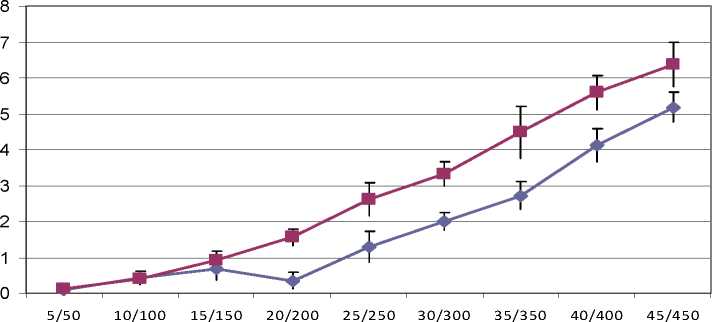End To End Delay
Figure 4.27 shows the end to end delays as a function of group size. The bigger value of
delay the less efficient the protocol. In reality, SReM shows lower delay in comparison with
Xcast+. This is because scalability feature in SReM make the intermediate nodes to forward
the data packets faster where in Xcast+ the data packets will take high processing time in the
intermediate nodes which lastly will increase the delay for the data packets arrival at the end
nodes.
Delay

→-SReM
—■— Xca st+
Group size(LM Rs/Receivers)
Figure 4.27 End to End Delay.
95
More intriguing information
1. TINKERING WITH VALUATION ESTIMATES: IS THERE A FUTURE FOR WILLINGNESS TO ACCEPT MEASURES?2. A production model and maintenance planning model for the process industry
3. Transfer from primary school to secondary school
4. The Role of area-yield crop insurance program face to the Mid-term Review of Common Agricultural Policy
5. The name is absent
6. How much do Educational Outcomes Matter in OECD Countries?
7. The name is absent
8. Modelling the health related benefits of environmental policies - a CGE analysis for the eu countries with gem-e3
9. The name is absent
10. Wage mobility, Job mobility and Spatial mobility in the Portuguese economy